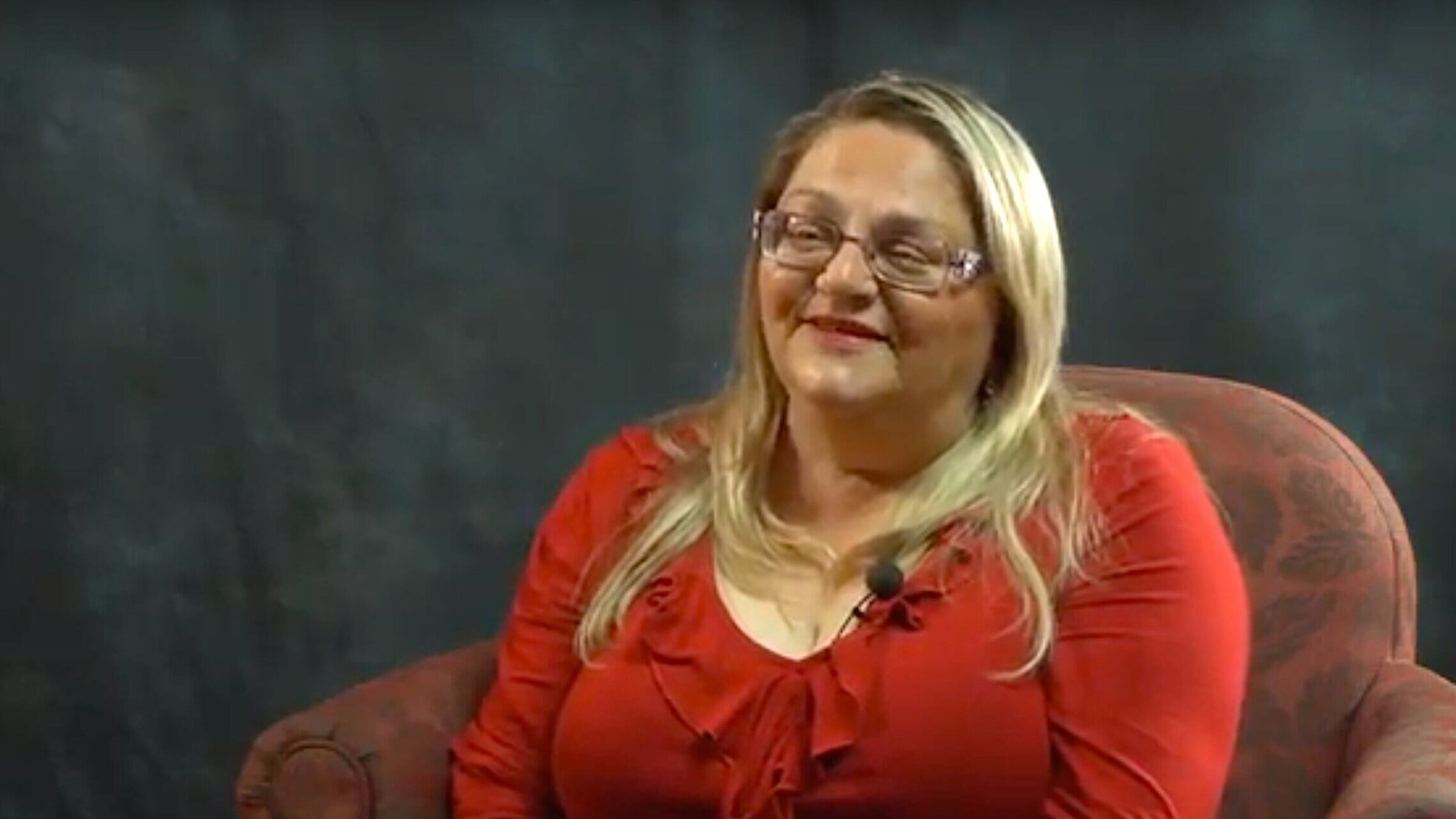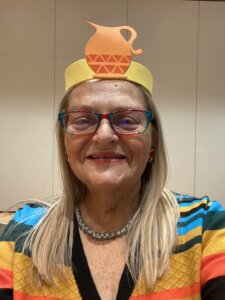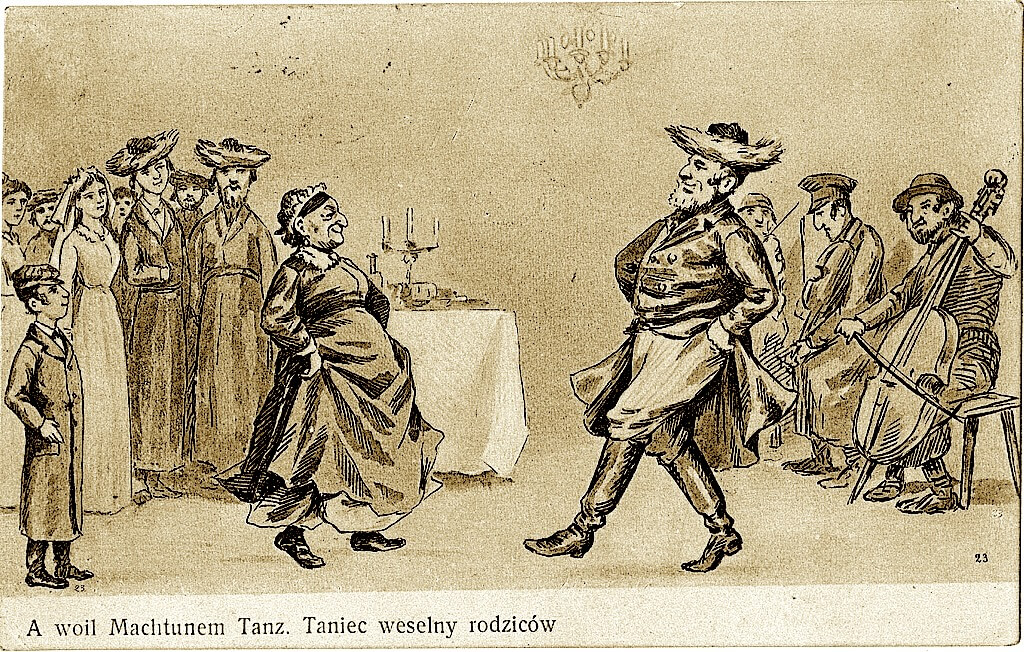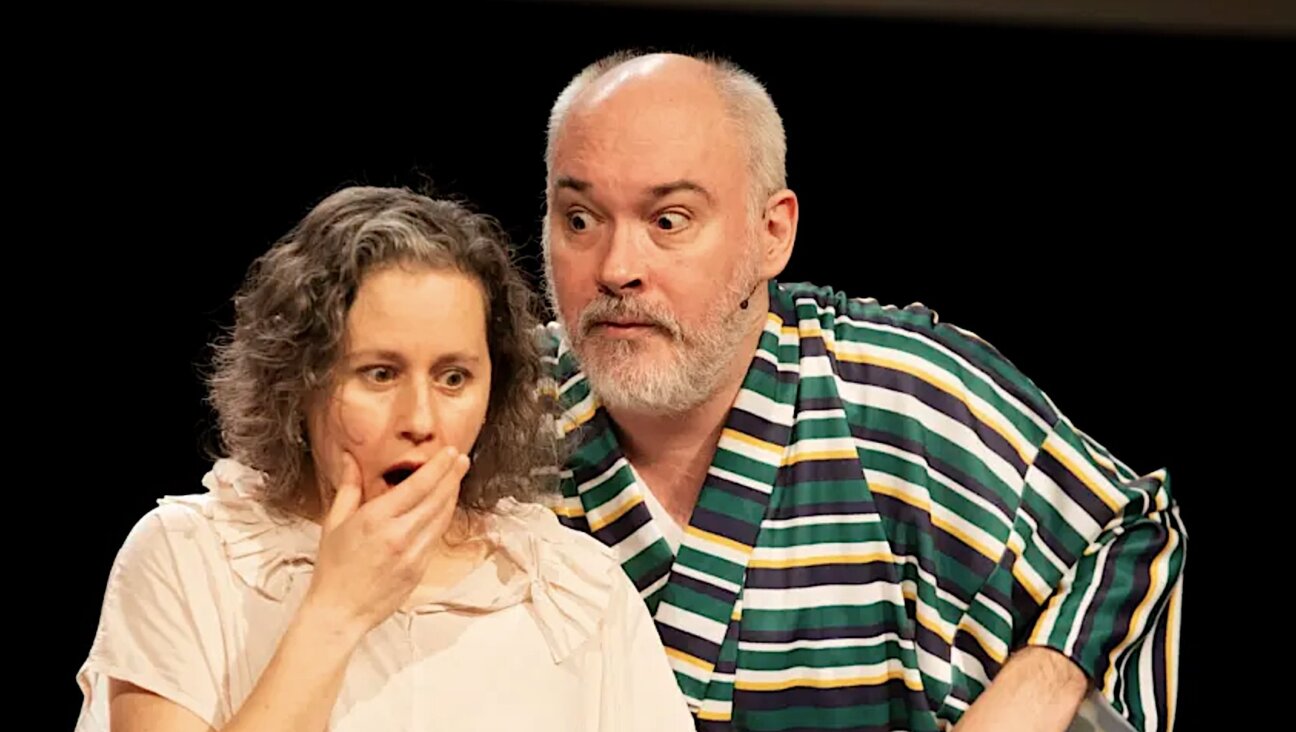Bella Bryks Klein, beloved Yiddish activist in Tel Aviv, has died
She helped run Yiddish events in Tel Aviv and distribute the Forverts to Holocaust survivors

Courtesy of the Yiddish Book Center
I received the tragic news that my cousin, the renowned Yiddish activist Bella Bryks Klein, passed away in Petah Tikvah, Israel, on Friday, Aug. 16, at 75. For the past two years she had been struggling with an aggressive brain tumor.
Bella is remembered in the Yiddish world for many important contributions to the preservation of Yiddish culture, though for her it was a second calling after a long professional career in the pharmaceutical industry.
For many years she was the administrative head of the Israeli branch of the Arbeter Ring (Workers Circle) and the Jewish Labor Bund in Tel Aviv, known as “Kalisher” because it was located on Kalisher Street. Though she was never given the title she deserved, she constantly organized and publicized their events. Thanks to her, Kalisher kept running for at least another decade and continued to be an important Yiddish cultural venue in Tel Aviv.
She also worked in an administrative capacity for Beit Sholem Aleichem, the Yiddish language and cultural center in Tel Aviv, headed by Avraham Novershtern, professor emeritus from the Yiddish Program at the Hebrew University of Jerusalem. She often represented the organization at book fairs and other events.
For many years she was the distributor of the weekly printed edition of the Yiddish Forverts in Israel, ensuring that the issues were sent out to its subscribers. When the monies coming from the New York office ran out, she sustained this work out of her own pocket because she knew how important it was for Holocaust survivors in Israel to receive a Yiddish newspaper.
Bella saw a need and created, assembled and distributed on her own the email newsletter Vos, Ven, Vu (“What, When, Where”), which provided consistent up-to-date listings of Yiddish-related events throughout Israel.

Bella Bryks Klein was a daughter of Rachmiel Bryks, the great Yiddish writer widely praised for his piercing, detailed memoirs of life in the Lodz Ghetto and Auschwitz. She spent many years championing her father’s literary legacy and helping his works be acknowledged and translated. She created and performed a one-woman show, In the Footsteps of My Father, at the California Institute for Yiddish Culture and Language in Los Angeles, that described, through songs and anecdotes, her childhood growing up with what was both the gift and burden of being tasked with helping her father with his oeuvre. It was recorded June 26, 2011.
The show, which was well-received, also played in many venues across Israel and New York.
In 2020, a book with three of Rachmiel Bryks’ autobiographical works was published in English. The critically acclaimed volume, May God Avenge Their Blood: A Holocaust Memoir Triptych, translated by the poet Yermiyahu Ahron Taub, was the first time Rachmiel Bryks’ writings were made available in English, finally enabling non-Yiddish readers to read his work.
In an interview produced by the Wexler Oral History Project at the Yiddish Book Center, Bella talks about her father’s work in honoring the memory of the 6 million Jews who perished in the Holocaust. In one memorable part of the interview, she also talks about her mother, Hinde, and shares a stirring rendition of the women’s prayer Got fun Avrom (“The God of Abraham”) that her mother used to sing each week at the end of the Sabbath, while holding her two young daughters close to her.
Bella was born in Stockholm, Sweden, in 1948. She grew up in New York City and made aliyah to Israel while studying at Hebrew University in Jerusalem and met and married her husband, Yonah. Sadly, Yonah predeceased her by several decades.
Most recently, despite Bella’s health challenges, she was an exuberant popular teacher of Yiddish at the senior complex in Petah Tikvah where she spent her last years.
I will always remember Bella from our shared childhood and beyond as someone full of remarkable vitality, good humor and generosity. She liked nothing better than to tell witty jokes and laugh along with the telling.
Bella leaves behind her children, Sarit, Rami and Gil, who, though they now all reside in the United States, took turns in never leaving her bedside in Israel these last months. She also leaves behind a sister, Myriam Fuchs, and two grandchildren who reside in New York. May her memory be a blessing and her Yiddish legacy live on. I will miss her tremendously.
A message from our Publisher & CEO Rachel Fishman Feddersen

I hope you appreciated this article. Before you go, I’d like to ask you to please support the Forward’s award-winning, nonprofit journalism during this critical time.
At a time when other newsrooms are closing or cutting back, the Forward has removed its paywall and invested additional resources to report on the ground from Israel and around the U.S. on the impact of the war, rising antisemitism and polarized discourse.
Readers like you make it all possible. Support our work by becoming a Forward Member and connect with our journalism and your community.
— Rachel Fishman Feddersen, Publisher and CEO























